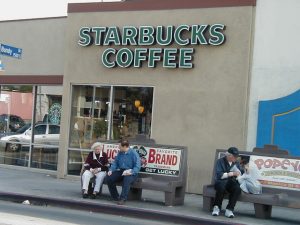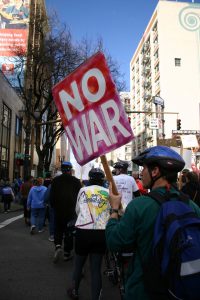The California Supreme Court ruled that employers in the state cannot invoke the federal de minimis doctrine to avoid paying workers for required duties they perform off-the-clock.
This California wage theft class action lawsuit filed by a Starbucks employee who alleged the store was requiring him to work for several minutes each shift without being paid. When multiplied by the minimum wage, this work amounted to more than $100 over the course of 17 months.
In granting summary judgment in favor of the employer, the trial court relied on the 1946 U.S. Supreme Court ruling in Anderson v. Mt. Clemens Pottery Co., wherein the court concluded that “a few seconds or minutes of work beyond the scheduled working hours… may be disregarded.” The basic concept is that the courts do not concern themselves with “trifles.” Federal courts have held that it can be applied in cases where small amounts of wages that would otherwise be compensable can be excused when they are difficult to administratively record.
The California Supreme Court reversed, noting the de minimis rule doesn’t apply here. Continue Reading ›
 Orange County Employment Lawyers Blog
Orange County Employment Lawyers Blog

















